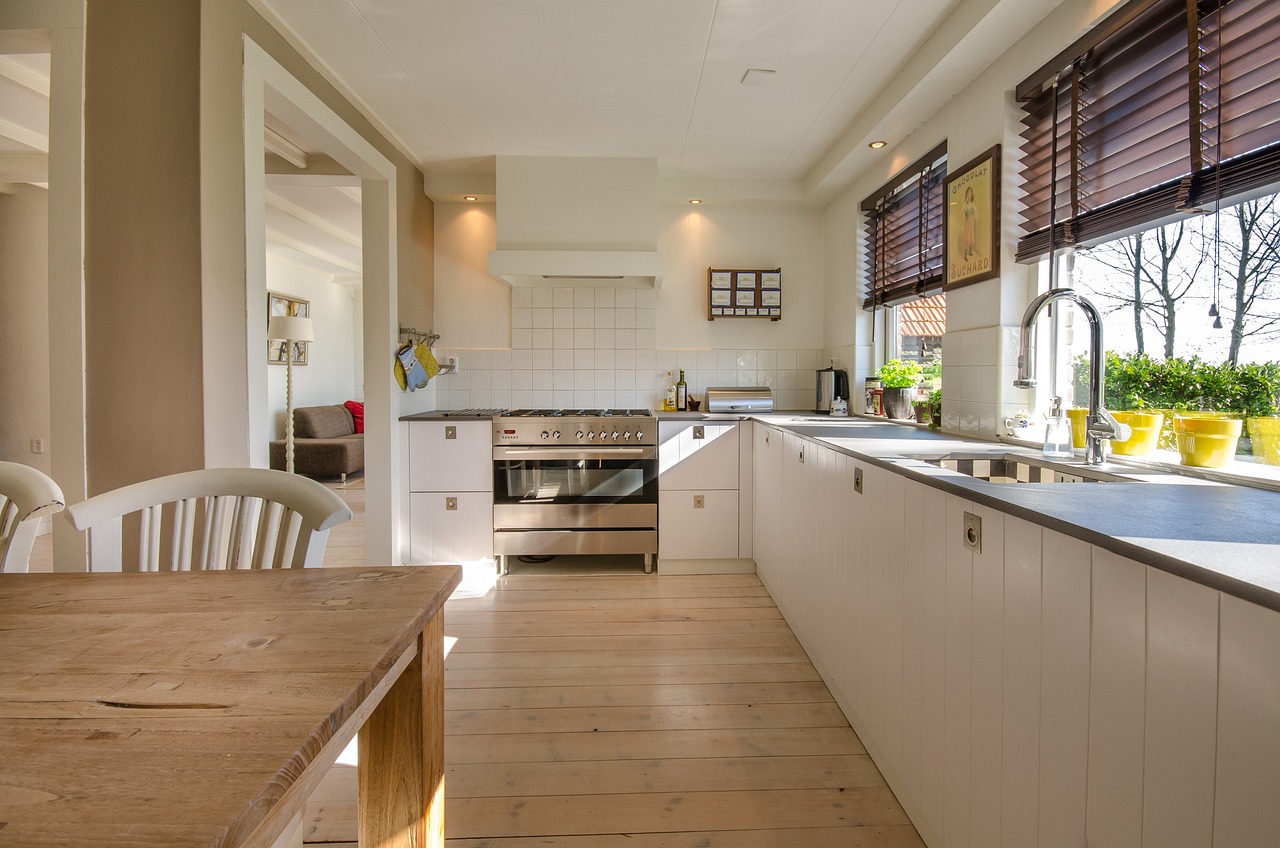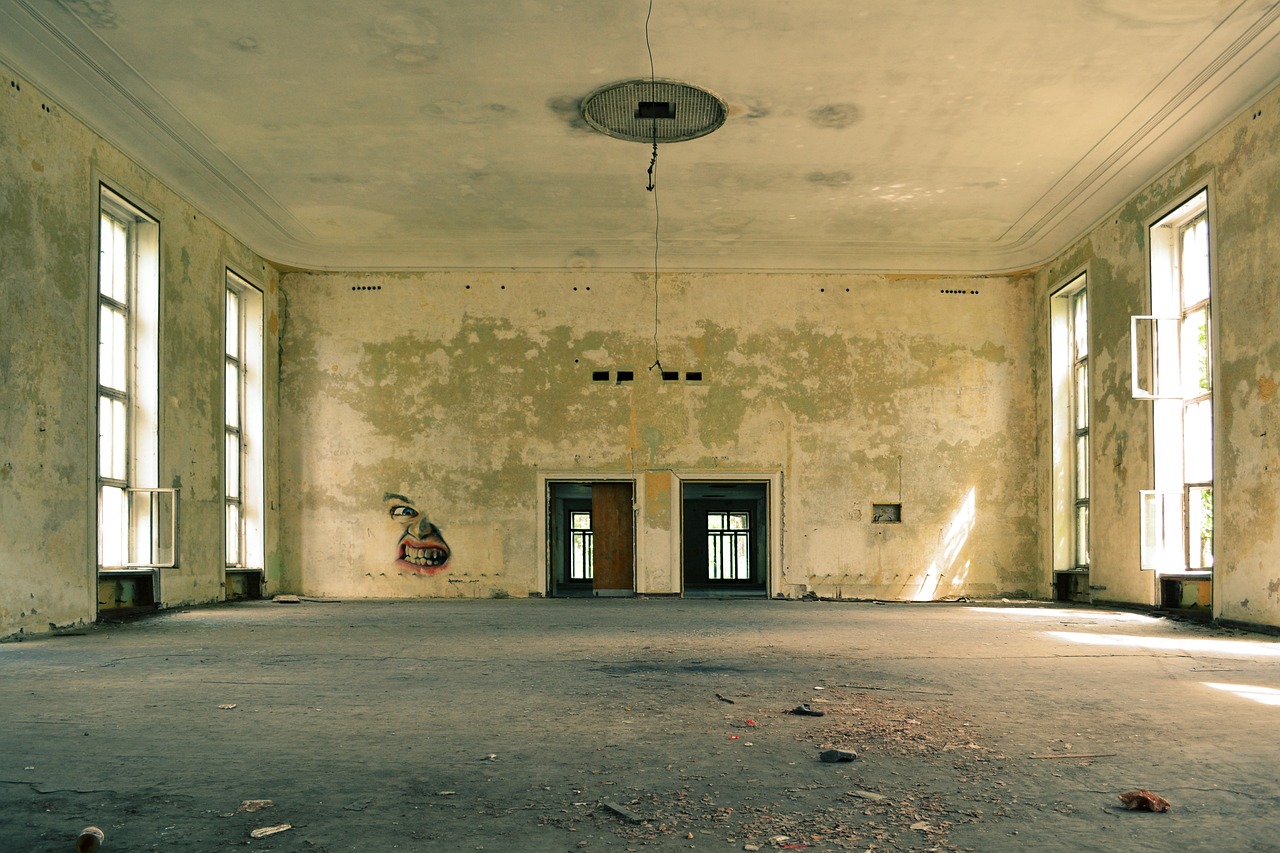Choosing the right flooring for your premises, regardless of whether it is a residential or commercial building, can be difficult. There are numerous elements to take into consideration, and one of these is whether you should install safety flooring. There are many benefits to this type of flooring, but is it right for your building?
Unlike other types of flooring, safety flooring is specifically designed to be non-slip, impervious and hygienic. Made from flexible and durable high-grade vinyl, the flooring can be made available in a range of styles and colours to suit its intended surroundings. This means that you do not need to choose between safety and aesthetics. Safety commercial flooring can be used anywhere, but it is particularly suitable for areas that would benefit from its slip and water-resistant qualities. This makes it ideal for use in bathrooms and kitchens across a range of sectors including care homes, children’s nurseries, hotels, schools and restaurants. However, it is also suitable for residential kitchens and bathrooms. Using safety flooring here can make these areas much safer for those with mobility problems, the elderly and young children. Choosing this option can increase independence and allow individuals to remain in their own homes safely for longer. It also gives peace of mind to family and friends as they know the risk of accidents from slips and falls is reduced. However, the benefit of such flooring Dorset wide is not limited to these two rooms. Any aspect of a building that experiences wet conditions or flooring that is washed regularly could benefit from safety flooring. This includes reception areas, wet play areas in schools and nurseries, dining rooms and stairwells.
So, how do you determine whether a room can benefit from using safety flooring laid by professional flooring contractors? Firstly, consider what the room is used for. Is it an area where cleanliness is a priority? This might include areas such as kitchens, bathrooms, changing rooms, treatment rooms and areas where food is served and eaten. Vinyl safety flooring is durable and water resistant, meaning that it can deal with the constant cycles of cleaning required in these areas. It is also usually laid without grouting or joints, meaning that the risk of bacteria build-up, or the flooring lifting and becoming a trip hazard is reduced. Next, consider the risk of spillages in the area. This might include water, oil, bodily fluids, kitchen waste and medications, but could just as easily involve mud, paint, glue and drinks. Footfall is another area of consideration. If the area is used constantly, has people walking from other wet areas or is an area used to transport potential spill risks, then again safety flooring could be a benefit. Finally, cost effectiveness should be taken into consideration. How much is it going to cost to continually clean, and replace, non-safety flooring compared to the cost of installing longer lasting safety flooring? Also, consider that commercial safety flooring reduces the risk of claims for slips and injuries.
Wherever you are considering replacing your current flooring with safety flooring, it is important to ensure that you have it fitted by an experienced professional. Take the time to research the companies you are considering and check their previous work. Don’t let cost be the deciding factor when you choose a company, and remember that you are making a long-term investment in your building.
GET IN TOUCH SO WE CAN HELP
Please just just the contact form or ring our showroom as we look forward to helping you get the right flooring

